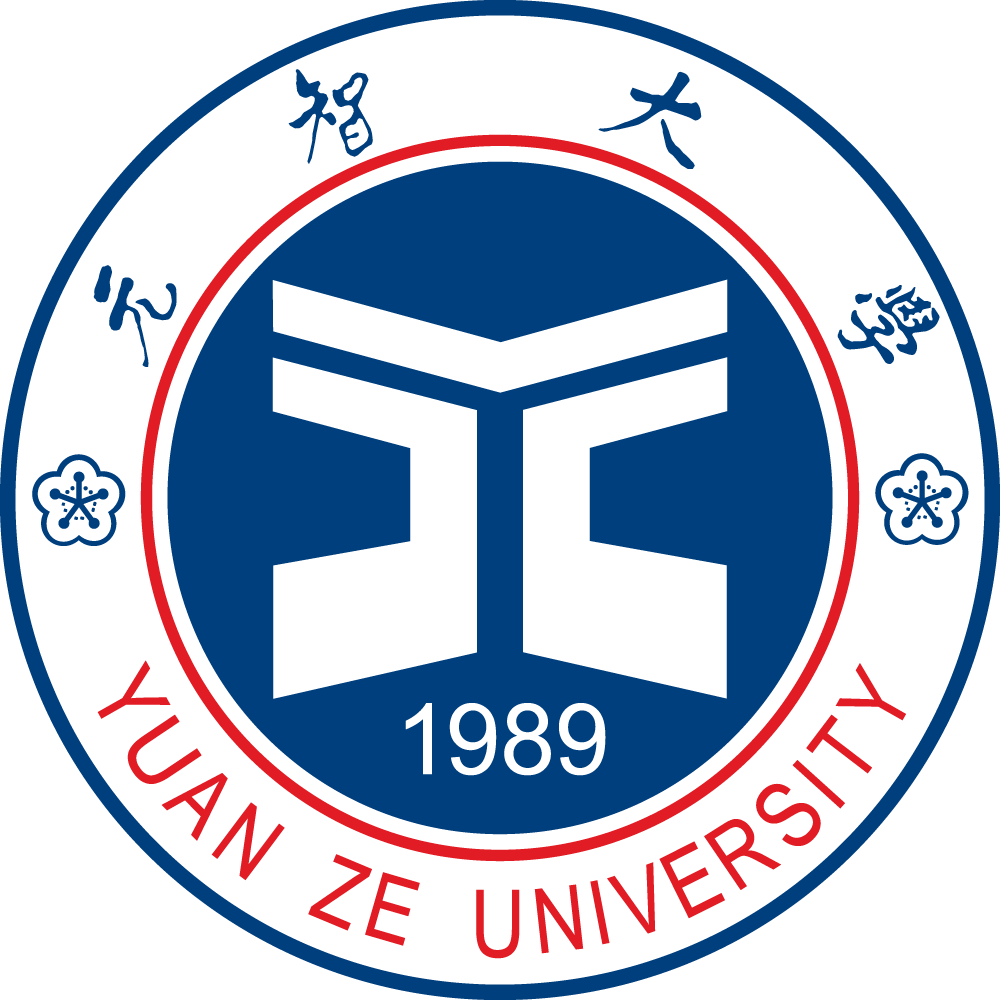Green Ergonomics and Human Behavior Laboratory
Research Field
Dr.Yogi Tri Prasetyo is one of the World’s Top 2% Scientists 2023 and 2024 (Information & Communication Technologies. Stanford). Currently, he is an Assistant Professor at International Bachelor Program in Engineering and Jointly Appointed Assistant Professor at Department of Industrial Engineering and Management, Yuan Ze University, Taiwan. Previously, he was an Associate Professor at School of Industrial Engineering and Engineering Management at Mapua University (Philippines). Dr.Yogi received a Bachelor of Engineering in Industrial Engineering from Universitas Indonesia (2013) with a GPA higher than 3.50/4.00. He also studied for one year (2011-2012) at Waseda University, Japan, during his junior year as an undergraduate exchange student. He received an MBA (2015) and a Ph.D. (2019) at the age of 27 from the Department of Industrial Management National Taiwan University of Science and Technology (NTUST), with a concentration in human factors and ergonomics. He was awarded NTUST Outstanding Youth with a perfect GPA of 4.00/4.00. He has a wide range of research interests including human-computer interaction, eye movement, color optimization of military camouflage, strategic product design, usability analysis, and now he is currently doing accident analysis and prevention. He has more than 250 Scopus-indexed publications (Scopus H-index: 27) including several SCI/SSCI-indexed journals (more than 130 journals) such as in International Journal of Infectious Diseases, International Journal of Disaster Risk Reduction, Journal of Cleaner Production, Utilities Policy, Research in Transportation Business & Management, Nuclear Engineering and Technology, Annals of Nuclear Energy, International Journal of Occupational Safety and Ergonomics, International Journal of Industrial Ergonomics, International Journal of Science Education, Ocean & Coastal Management, Evaluation and Program Planning, Displays, WORK, Color Research and Application, Journal of Eye Movement Research. In addition, Dr.Yogi has contributed to several international conferences as co-chair, chair session, and even committee member with numerous best presentation awards. Apart from academics, Dr.Yogi likes playing flute, judo, swimming, SCUBA diving, freediving, Muay Thai, and hiking. He has two black belts (1st dan black belt judo and 1st dan black belt taekwondo), an international certified lifeguard, a certified advanced SCUBA diver, and international certified freediver. He speaks Indonesian (Native), English (IELTS 8.5), Chinese (TOCFL B2), Japanese (JLPT N1), and currently, he’s working hard on his Filipino and Thai.
The lab is focusing on green ergonomics and human behavior.
Global climate change, sustainability, and the concept of Environment Sustainability Governance (ESG) are some of the most important issues being raised by many academic institutions, especially managing natural disasters. To develop resiliency in several natural disaster-prone countries such as Taiwan, Philippines, Thailand, and Indonesia, managing natural disaster by applying macroergonomics concept in disaster management cycle can be applied. The purpose of this project is to apply identify the significant factors affecting the disaster management phases for natural hazards through a macroergonomics-based approach. Several theories in human behavior will be applied such as Protection Motivation Theory (PMT) and Theory of Planned Behavior (TPB). In addition, several methods will also be applied to analyze the intention to prepare for natural disasters such as Structural Equation Modeling (SEM), Random Forest Classifier (RFC), and Deep Learning Neural Network (DLNN). This project is the first project done that cohesively tackled the segments of the disaster management cycle through a series of natural calamities studies, which can serve as a solid theoretical underpinning in preventing, mitigating, preparing, responding, and recovering from the catastrophic impacts of these hazards. Furthermore, the expected findings can be broadened and adapted to other natural disaster-prone countries to develop optimum risk responses.
- The World's Top 2% Scientist 2023 & 2024.
- Young Research Award of Yuan Ze University, in 2024.
- Outstanding Research Award, Faculty of Engineering, Yuan Ze University in 2024 & 2025.
- Best paper presentation award in ICEMT, in 2023.
- The Cardinal Excellence Award 2022 – Research Excellent Award (Scopus H-Index 16), in 2022
- The Cardinal Excellence Award 2021 – Research Excellent Award (Scopus H-Index 9), in 2021
- Best paper presentation award in 2020 IEEE 8th International Conference on Frontiers of Industrial Engineering (ICFIE), in 2021.
- Best paper presentation award in 2020 IEEE 7th International Conference on Frontiers of Industrial Engineering (ICFIE), in 2020.
- Best paper presentation award in 2020 6th International Conference on Industrial and Business Engineering (ICIBE), in 2020.
- Best paper presentation award in 7th IEEE International Conference on Industrial Engineering and Applications (ICIEA), in 2020.
- Best paper presentation award in The Joint Conference of 2nd International Conference on Industrial and System Engineering (IConISE) & 7th Annual Conference on Industrial and System Engineering (ACISE), in 2020.
- The Cardinal Excellence Award 2020 – Research Excellent Award (H-Index 4), in 2020
- Best paper presentation award in 1st International Conference on Engineering and Management in Industrial System (ICOEMIS), in 2019.
- Selected as the Indonesian Representative in Asian Council of Ergonomics & Design (ACED) Annual Meeting, in 2019 (Taipei, Taiwan)
National Taiwan University of Science and Technology (NTUST) Taipei, Taiwan
DOCTOR OF PHILOSOPHY IN INDUSTRIAL MANAGEMENT – HUMAN FACTORS AND ERGONOMICS 2015 - 2019
• GPA: 4.00/4.00; Received NTUST Full Scholarships
National Taiwan University of Science and Technology (NTUST) Taipei, Taiwan
MBA IN INDUSTRIAL MANAGEMENT – HUMAN FACTORS AND ERGONOMICS 2013 - 2015
• Received NTUST Full Scholarships and NTUST Outstanding Student Award 校園傑出青年 (Top 1%).
Waseda University Tokyo, Japan
INDUSTRIAL AND MANAGEMENT SYSTEMS ENGINEERING & INTENSIVE JAPANESE LANGUAGE PROGRAM 2011 - 2012
• Received JASSO Scholarships.
Universitas Indonesia (UI) Depok, Indonesia
BACHELOR OF ENGINEERING IN INDUSTRIAL ENGINEERING 2009 – 2011, 2012-2013
• Received Faculty of Engineering Outstanding Student Award in Art.
